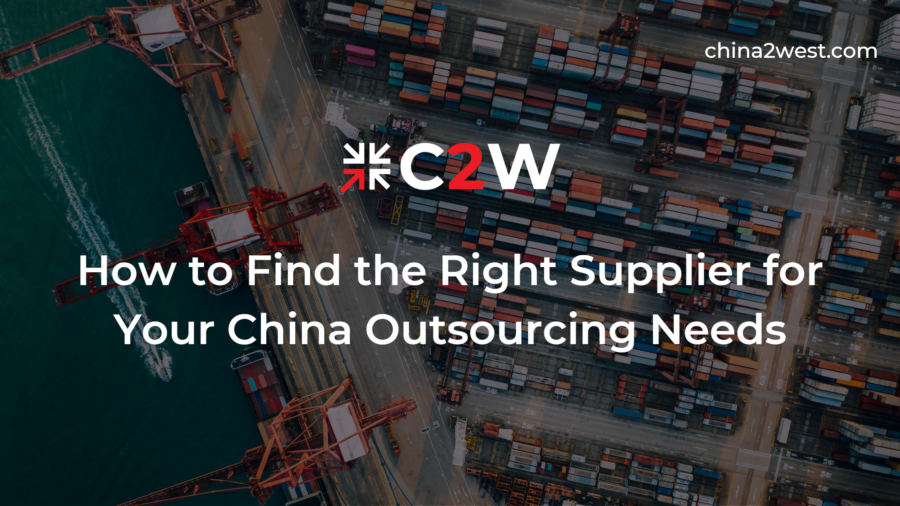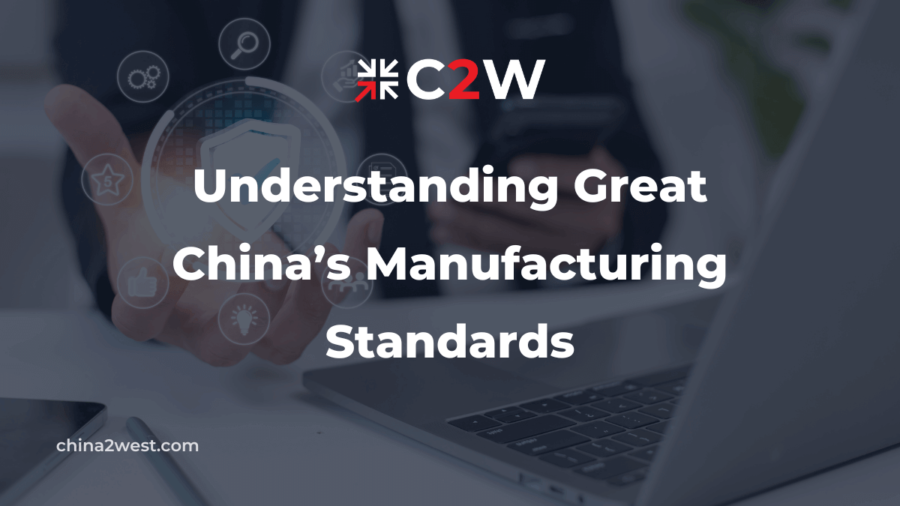Outsourcing to China can be a cost-effective way to access a wide range of products and services. However, finding the right supplier can be a complex and challenging process. In this guide, we’ll walk you through the steps to help you understand your China outsourcing needs and find the right supplier for your business.
Step 1: Understand Your Specific Requirements
The first step in finding the right supplier for your China outsourcing needs is to understand what your specific requirements are. What products or services are you looking to outsource? What are the specifications and quality standards that you require? How much volume do you need? These are all important questions that need to be answered before you can begin your search.
When it comes to outsourcing to China, there are a wide range of products and services available. Whether you’re looking to outsource manufacturing, sourcing raw materials, or seeking support services, it’s important to clearly define your specific requirements.
Step 2: Research Potential Suppliers
Once you have a clear understanding of your China outsourcing needs, the next step is to research potential suppliers. There are many different ways to find suppliers in China, including attending trade shows, searching online marketplaces, and working with a sourcing agent. Each method has its pros and cons, and the right approach will depend on your specific needs and budget.
Attending Trade Shows
One effective way to find suppliers in China is by attending trade shows. China hosts a wide range of trade shows throughout the year, covering a wide range of industries and product categories. Attending these shows can provide you with the opportunity to meet suppliers in person and see their products firsthand.
Searching Online Marketplaces
Another option for finding suppliers in China is by searching online marketplaces. Platforms like Alibaba and Global Sources have thousands of suppliers listed, making it easy to search for specific products or services. But you can also fall prey to manufacturing scams and frauds that make counterfeits or defects there.
Working with a Sourcing Company
If you’re new to outsourcing to China, or you’re looking for a more hands-on approach, working with a sourcing agent can be a good option. A sourcing agent can help you navigate the complexities of outsourcing to China, from finding the right suppliers to negotiating contracts and managing logistics.
Step 3: Evaluate Supplier Capabilities
After you have identified a list of potential suppliers, the next step is to evaluate their capabilities. This includes their production capacity, quality control processes, and lead times. You may also want to consider factors such as their location, communication skills, and cultural compatibility.
Production Capacity
One of the most important factors to consider when evaluating a supplier is their production capacity. This will give you a sense of whether they can meet your production needs, both in terms of volume and timelines. You’ll want to ensure that the supplier you choose has the capacity to handle your production needs, without sacrificing quality.
Quality Control Processes
Quality control is another important factor to consider when evaluating a supplier. You’ll want to look for suppliers who have a proven track record of delivering high-quality products that meet your specifications. A good supplier should have robust quality control processes in place, including regular inspections and testing.
Lead Times
Lead times are another important consideration when evaluating suppliers. You’ll want to ensure that the supplier you choose can meet your production timelines, and that they have the necessary lead times built into their production schedule.
Step 4: Negotiate a Contract
Once you have selected a supplier that meets your requirements, the next step is to negotiate the terms of your contract. This will include factors such as pricing, payment terms, lead times, and quality control procedures.
When it comes to negotiating with Chinese suppliers, it’s important to be patient and to maintain a respectful and cooperative attitude. In Chinese culture, business relationships are often built on mutual trust and respect, and it’s essential to establish a good rapport with your supplier from the outset.
It’s also important to have a clear understanding of the supplier’s cost structure and pricing strategy. Many Chinese suppliers operate on slim profit margins and may be reluctant to lower their prices. Instead, you may want to negotiate on other factors, such as payment terms or lead times.
Step 5: Quality Control
Another important consideration is quality control. Chinese suppliers may have different quality standards than those in your home market, and it’s essential to establish clear quality control procedures that meet your specific requirements. This may involve regular inspections and testing, as well as establishing protocols for handling any quality issues that arise.
Step 6 Maintain Relationships
Finally, once you have established a relationship with a supplier, it’s important to maintain regular communication and build a strong working relationship. This includes regular site visits, ongoing quality control inspections, and open communication about any issues or concerns that arise.
One effective way to build a strong relationship with your supplier is to work together on continuous improvement initiatives. This could involve collaborating on product design or process improvements, or working together to reduce costs or improve quality.
By taking a proactive approach to building and maintaining relationships with your suppliers, you can ensure that you receive high-quality products and services that meet your specific China outsourcing needs. Additionally, maintaining a good relationship with your supplier can lead to better pricing, improved lead times, and access to new product lines or capabilities.
Outsourcing to China can offer significant benefits in terms of cost savings, access to new markets, and improved efficiency. However, finding the right supplier and managing the outsourcing process can be challenging and complex.
While outsourcing to China may not be suitable for every business or product category, it can offer significant advantages for companies that are willing to invest the time and effort required to find the right suppliers and manage the outsourcing process effectively. With careful planning and a proactive approach, you can achieve the benefits of China outsourcing while minimizing the risks and challenges. It saves even more time and energy if you have a great manufacturing partner in China, like C2W, with 18 years of experience and in-house assembly facility. Talk to us today, and let us explore your options!


